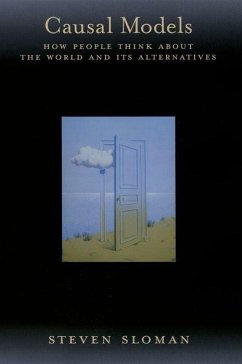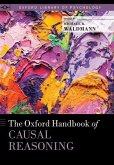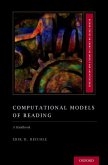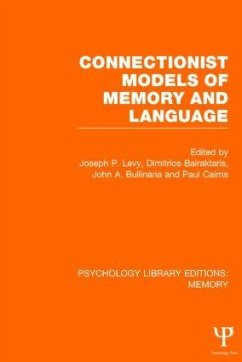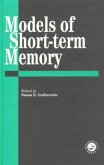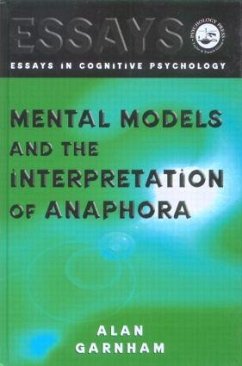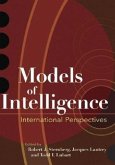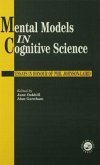In this book, Steven Sloman offers a conceptual introduction to the key mathematical ideas in the framework, presenting them in a non-technical way, by focusing on the intuitions rather than the theorems. He tries to show why the ideas are important to understanding how people explain things, and why it is so central to human action to think not only about the world as it is, but also about the world as it could be. Sloman also reviews the role of causality, causal models, and intervention in the basic human cognitive functions: decision making, reasoning, judgement, categorization, inductive inference, language, and learning. In short, this book offers a discussion about how people think, talk, learn, and explain things in causal terms - in terms of action and manipulation.
This book offers a discussion about how people think, talk, learn, and explain things in causal terms in terms of action and manipulation. Sloman also reviews the role of causality, causal models, and intervention in the basic human cognitive functions: decision making, reasoning, judgement, categorization, inductive inference, language, and learning.
Hinweis: Dieser Artikel kann nur an eine deutsche Lieferadresse ausgeliefert werden.
This book offers a discussion about how people think, talk, learn, and explain things in causal terms in terms of action and manipulation. Sloman also reviews the role of causality, causal models, and intervention in the basic human cognitive functions: decision making, reasoning, judgement, categorization, inductive inference, language, and learning.
Hinweis: Dieser Artikel kann nur an eine deutsche Lieferadresse ausgeliefert werden.

